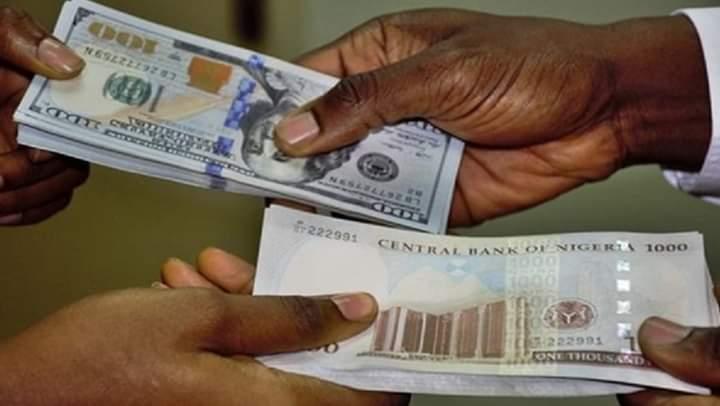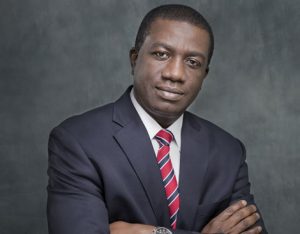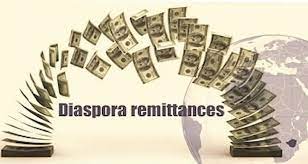Fresh findings show that most Nigerians living abroad send money home without transferring foreign currency.
Many Nigerians who live in foreign cities, states or provinces (London, Calgary, California, etc) belong to WhatsApp or Telegram groups. When Mr A needs ₦5 million for a project in Nigeria, he posts it on the Nigerian platform saying: “10,000 (£/$/€) available. If you’re interested, please DM me.”
Speedily, those who have naira in their Nigerian accounts contact Mr A and discuss the exchange rate. He strikes a deal with Mrs. B. Mrs B transfers the naira to the Nigerian account of Mr A, and Mr A transfers the equivalent in dollars/pounds/euros/, etc, to the account of Mrs B in their country of residence. Mr A uses the naira in Nigeria, while Mrs B uses the currency in her country of residence.
This is very common among Nigerians living abroad in different parts of the world.
The question now hard for experts to answer is whether this model should equally be categorised as foreign direct investment
I & E window Explained
Just in case you are wondering what the I and E window is, it is the platform where the value of the Naira will be set from now. It stands for Investors and Exporters Window. The I&E window allows Investors, Exporters, Importers and End-users to meet at a market to haggle and bargain over the value of the Naira vis a vis other internationally traded world currencies.
So, for example, it allows foreign airlines who want to get their money out of Nigeria to use the Naira you paid to them to buy your ticket abroad to buy Dollars from Shell Petroleum Development Company, who need Naira to pay their local staff.
Basically, several investors, exporters and importers haggle, like how you price garri at the market. The person with the cheapest priced garri gets the most customers, and other garri sellers in the market are then forced to sell their own garri at the same or lower price, or they will not have any customers, and that is how the price for garri is set.
The only role the Central Bank of Nigeria now plays in the I and E window is to place a ₦1 cap, which means that you can only resell the forex that you bought with a ₦1 profit. Meaning that if you bought Naira at, say, ₦664 at the I and E window, then you cannot sell it to your end users for more than ₦665.
So, for example, and for now, FirstBank, UBA, GT Bank, or any other investment bank cannot sell you dollars at a profit of more than ₦1 for each dollar.
And since the I and E window is now the only marketplace to buy and sell foreign exchange with Naira at a wholesale rate, it will no longer be possible for Bureau de Changes to offer you a rate that is better or worse than the rate you would get at a bank. The only thing they can do is to resell to you at between 1 to 99 kobo less than the ₦1 bridging gap.
In addition, the sources of FX supply to the I&E windows are, inflow from IOCs (oil coys), export proceeds, diaspora remittances, portfolio investors and FDIs. And because the rates are market determined by the forces of Demand and Supply, the market is attractive to bring FX for willing buyers based on the one Naira spread. The CBN also becomes a major participant and can supply to the market from External Reserves when the need arises.
On the whole black market, speculation and round tripping becomes unattractive, since Demand can be met wholly in this market. It is projected that the Naira would stabilize at not more than N600/$









